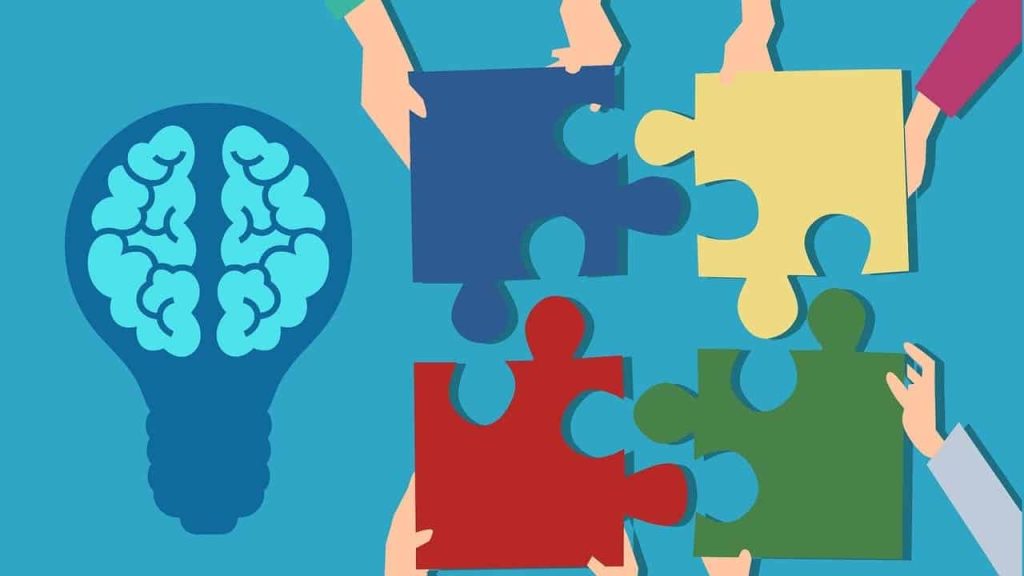Applying for food assistance, often known as EBT or SNAP benefits, can seem a little scary. One part of the process is often a phone interview. This interview is a chance for a caseworker to chat with you and gather some important information to decide if you qualify for help. Understanding what happens during this conversation can really ease your mind and help you be prepared. Let’s break down the common topics covered in an EBT phone interview.
Your Basic Information
The first thing the caseworker will likely do is confirm your basic information. This includes your name, date of birth, and current address. They need to make sure they have the right person! They may also ask you to spell your name or confirm your social security number. This step is all about making sure the information on your application is correct and up-to-date. It’s a straightforward way to get the interview started and sets the stage for the rest of the conversation.

This part also involves making sure you can be reached. They might ask for:
- Your phone number
- An email address
- If you have moved recently
So, it is very important to make sure your contact information is ready.
This part is like a quick check-in to make sure everyone is on the same page. They’ll often ask questions like, “Can you confirm your current address?” or “Is this phone number correct?”
Household Composition and Income
A big part of the interview focuses on your household. They want to know who lives with you and how your household is supported. They’ll ask questions about who is in your family, like your spouse and children. They’ll also want to know about anyone else who shares meals or lives with you. The caseworker needs to know this to determine the size of your “assistance group,” which affects how much help you might receive.
They will then likely delve into your income. This includes any money you earn from a job, but it also includes other sources, such as:
- Social Security benefits
- Unemployment benefits
- Child support payments
- Other forms of financial assistance
Make sure to have documentation ready to confirm income.
Accurate information is crucial to making sure that your interview goes well. The caseworker may ask you to provide documentation to prove income.
Expenses and Resources
Along with your income, they will talk about your expenses and any resources you have. This helps them understand your financial situation better. Expenses like rent or mortgage payments, utilities (like electricity and gas), and child care costs are usually discussed. They might also ask about medical expenses if they are high. All of these can play a role in determining your eligibility for EBT.
They also want to know about any resources, such as money in bank accounts or the value of any property you own. Here is a small example of the types of things the caseworker will ask about:
| Expense Type | Examples |
|---|---|
| Housing | Rent, Mortgage |
| Utilities | Electricity, Gas, Water |
| Childcare | Daycare, Babysitting |
Make sure to be accurate when discussing expenses. This will help you to receive the amount of benefits you need.
This part of the interview aims to give the caseworker a complete picture of your financial situation.
Employment and Job Search Information
If you are employed, the caseworker may ask about your work situation, including how many hours you work and your rate of pay. If you are not employed, they might ask about your job search activities. This could involve confirming if you’re actively looking for work. They might ask questions about whether you are looking for work, and how often you have been applying for work. They want to see you are doing your part to find a job.
Here are some common questions they could ask about this subject:
- Are you currently employed?
- If not, are you looking for work?
- Have you applied for any jobs recently?
- Do you have any challenges to obtaining work?
It’s very important to be honest about your work situation. It is OK if you are not employed.
This information is used to make sure you are eligible for assistance while working on getting back on your feet.
Verification and Next Steps
The final part of the interview is usually about verification and the next steps. The caseworker will tell you what documents you need to provide to prove your information. This could include things like pay stubs, bank statements, or proof of address. They’ll also let you know how to submit these documents and when they are due. They will also tell you when to expect a decision about your application.
Some of the possible documents include:
- Proof of Identification
- Proof of Income
- Proof of Residence
- Proof of Expenses
Make sure to ask any questions about the application. It is always a good idea to be prepared for the documents needed.
The caseworker will also likely tell you, “Based on the information you provided, we will need to collect some documentation.” The caseworker will clearly explain what is needed and where you can send your documents.
In conclusion, the EBT phone interview is a vital step in the application process. It’s where the caseworker gathers information about your situation to determine your eligibility for food assistance. By understanding the main topics discussed – basic information, household details, income and expenses, employment, and the verification process – you can feel confident and prepared to answer the questions and provide the necessary information. Remember, the goal is to make sure you get the help you need. This interview is meant to help you, and there is nothing to be afraid of.